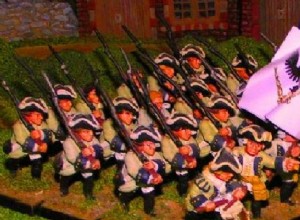The British Empire has been present since the end of the 19th century in Egypt. The British placed Egypt under its protectorate, then granted its independence in 1922, while leaving armed troops behind. Mussolini wanted to wage a war against the English to establish his authority in Africa (Italy wa




